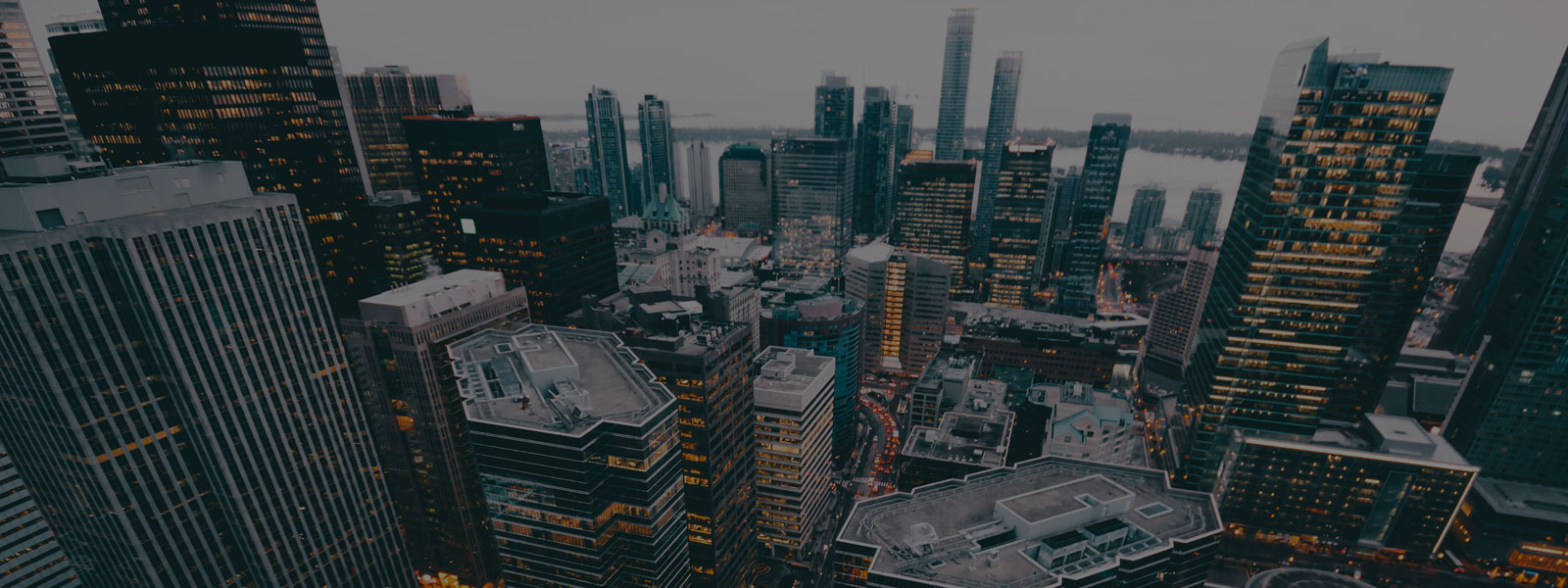 For anyone who follows the news it is abundantly clear to see that the possibility of a financial collapse is not only believable but imminently possible. Because the major economies of the world are now so linked and dependent on the success of one another any financial disaster in one part of the world can have a domino effect on all the world’s economies. While some financial crises are predictable due to rising debt and inflation others can occur suddenly. Due to climate change and other world events things like floods, wildfires, earthquakes and pandemics are on the rise. Just in the past two years there have been Ebola and now the Zika virus endemics. Diseases which until a few years ago most people had never even heard of.
For anyone who follows the news it is abundantly clear to see that the possibility of a financial collapse is not only believable but imminently possible. Because the major economies of the world are now so linked and dependent on the success of one another any financial disaster in one part of the world can have a domino effect on all the world’s economies. While some financial crises are predictable due to rising debt and inflation others can occur suddenly. Due to climate change and other world events things like floods, wildfires, earthquakes and pandemics are on the rise. Just in the past two years there have been Ebola and now the Zika virus endemics. Diseases which until a few years ago most people had never even heard of.
Wars and terrorism are on the rise as well, with major cities such as Paris and Brussels being attacked within months of each other. The purpose of mentioning these events is not to fear monger but to highlight the growing possibility of a financial collapse of such epic proportions that it might send the world back to the pre-industrial revolution era. The only way to face such a catastrophic financial collapse is to acknowledge the present danger and to prepare for it.
The best way to prepare is to understand what such a crisis for the world might entail and to stock up for it and be ready should the time ever come. The example of countries like Syria and Greece which are both facing economic ruin due to different reasons allows us to prepare from what we have seen can happen in these times.
The first step in facing an economic crisis is to anticipate its arrival. Monitor the financial markets and be aware of any sudden changes and any declines in the markets. Keep abreast with international news and know what it translates into your national economy. Try not to keep too many savings in banks as money. The value of money can fluctuate. Keep major investments in the form of gold bars. Do not keep all your money in the bank. Make sure you have an emergency fund at home hidden in different locations. Keep small bills for emergency use.
 Stockpile essentials such as food and water at all times. During crisis situations bottled water and food with a long shelf life such as canned goods are the first to go. Make sure you have extra water at home at all times. Store about one gallon of water per person. Buy chlorine tablets or bleach and store these at home in case the water lines break down and you need to chlorinate your own drinking water. Identify a source of fresh water near your home. Keep large clean containers such as large trash cans ready to transport and store water.
Stockpile essentials such as food and water at all times. During crisis situations bottled water and food with a long shelf life such as canned goods are the first to go. Make sure you have extra water at home at all times. Store about one gallon of water per person. Buy chlorine tablets or bleach and store these at home in case the water lines break down and you need to chlorinate your own drinking water. Identify a source of fresh water near your home. Keep large clean containers such as large trash cans ready to transport and store water.
The same rule applies for food. Buy canned goods in bulk and store them. Replenish these stores every six months and buy products with the longest shelf life. Dry goods such as flour, salt and rice should also be stored. These serve two purposes. They can be used for cooking and eating and for bartering. During times of crisis dry goods are always the first to run out and you can use these to barter for fuel or medications etc should the need ever arise.
Health supplies such as prescription medications you or anyone in your family uses should be stored as well. Make sure you have an adequate supply of over the counter medications such as painkillers, prepping alcohol and band aids. Keep a well-supplied first aid kit at home.
Antibiotics are also important to have around and creams with antibiotic properties are essential for treating any cuts. During times of crisis pay special attention to any minor cuts or injuries because if left untreated and in the absence of professional healthcare these can lead to potentially life threatening infection.
 Learn how to start a fire and keep warm. Have at least three sources of fire ready. Matches, lighters and ferrocerium sticks should be a part of your emergency kit or bug-out bag. Also remember if there is global financial collapse electricity and power outages will become frequent or the norm. Keep a good supply of candles for light and fire wood stored away if you live in a cold climate. Have winter clothes which can withstand extreme outdoor conditions and sturdy boots or shoes for forging.
Learn how to start a fire and keep warm. Have at least three sources of fire ready. Matches, lighters and ferrocerium sticks should be a part of your emergency kit or bug-out bag. Also remember if there is global financial collapse electricity and power outages will become frequent or the norm. Keep a good supply of candles for light and fire wood stored away if you live in a cold climate. Have winter clothes which can withstand extreme outdoor conditions and sturdy boots or shoes for forging.
You must also plan for evacuation to a safe locale because cities can become dangerous during financial collapse. If law and order breaks down cities are major spots of crimes such as robbery and even regular people can commit crimes when faced with starvation or water deprivation.
The best thing to do during such times is to leave the city as soon as possible and retreat to safe bug-out location that only you and your family knows about. Keep your car tank full and keep an emergency supply of petrol or gas should the need arise. Know how to get to your safe house and which roads to use to get of the city. Avoid major highways or roads as these can be cramped with people leaving the city.
One final thing to consider is your personal safety and the safety of your family. Learn to defend yourself against assailants by learning martial arts. Have a weapon on you at all times. Only use this weapon as a last resort if you are sure you and your family are in danger and there is no police or law and order agency to help.
 A financial collapse of such magnitude might not seem very real when you are safe at home. However, in the event such a situation does arise (no matter how remote you feel the possibility) it will be those are best prepared who will survive the longest. Prepare yourself and your family. Stockpile the items mentioned above and train yourself. A world without the social constructs society has placed would be a terrible landscape to navigate unprepared. In the words of Benjamin Franklin “by failing to prepare you are preparing to fail”.
A financial collapse of such magnitude might not seem very real when you are safe at home. However, in the event such a situation does arise (no matter how remote you feel the possibility) it will be those are best prepared who will survive the longest. Prepare yourself and your family. Stockpile the items mentioned above and train yourself. A world without the social constructs society has placed would be a terrible landscape to navigate unprepared. In the words of Benjamin Franklin “by failing to prepare you are preparing to fail”.


